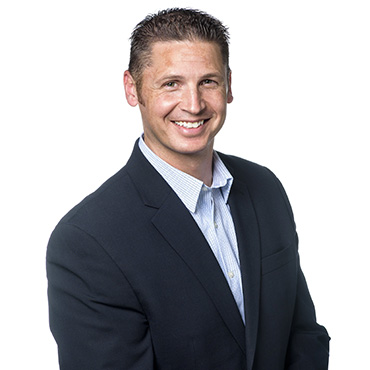
“If you want to go fast, go alone. If you want to go far, go together.”
– proverb of unknown origin
Good research—the kind that reveals novel insights or breaks new ground—usually has a serendipity factor. Time and place matter, and stars must align. But serendipity only opens the door. There are “plus” factors that transform that open door into an award-winning result, as we recently accomplished on a sweeping investigation into gender bias in investing with client Merrill Lynch. Escalent brings a number of plusses to the research-design process, including our expertise, but I think our single most important plus is that we can be, and love to be, true partners to our clients.
Partnership is a bit of a buzzword in the consulting universe, but it’s not the modus operandi for every client-consultant project. On short projects, on simple projects, and on engagements where clients just need evidence to back up something they already know—the work of doing research design can be just a consulting contract, at times.
Partnership is a different beast. Partnership materializes in those challenges where you don’t need two heads to solve the problem, you need 30 heads. Partnership is the only way to get through a long-term effort that will have hundreds of milestones. And partnership is necessary when tackling complex or sensitive topics in a thoughtful way.
Partnership is where we become an extension of the client until the work is done. When you combine that relationship with serendipitous opportunities, the research can truly break new ground.
In the gender bias work with Merrill Lynch, serendipity brought us big, important issues. In this era of social change, questions of gendered experience are both high stakes and complex. But our partnership mode was what allowed us to tackle the deeply sensitive topic. Our partners had to trust that we could design the research process with the nuance and perspective that it deserved.
Serendipity also gives us this era of cutting-edge research tools. Eye-tracking technology, one of the FIVE cool techniques we used in the gender bias study, has been in use for a while, but we used eye-tracking in a completely new way. While traditionally used to measure attention across a static picture, we used it in live, dynamic interactions between a financial advisor and a man-woman client couple. We did that across 70+ advisor-client meetings and compiled the eye-tracking results into a single heat map.

This composite image blends hundreds of minutes of interviews across dozens of couples and paints a simple picture: here’s how much more time was spent looking at the man’s face versus the woman’s. Pushing the envelope with research techniques is something we could only do because of the trust we built as a partner.
Serendipity is what drives the topics of interest and the tools available to tackle those questions. But the partnership mode is the plus for Escalent—the factor that allows us to take on complex issues, that allows us to innovate the way we design research, and that ultimately allows us to get in the trenches with clients to do meaningful work in a nuanced way. As the proverb goes: If you want to go fast, go alone. If you want to go far, go together.
To learn more about how we can partner with you, send us a note!
Escalent recently won the 2021 ARF (Advertising Research Foundation) Great Mind Awards’ Future Forward Award for our groundbreaking project with Merrill Lynch on gender bias in investing, a project that is also a finalist for the 2021 ARF David Ogilvy Brand Purpose Award and for the 2021 Quirk’s Marketing Research and Insight Excellence Award for Groundbreaking Research Project.








